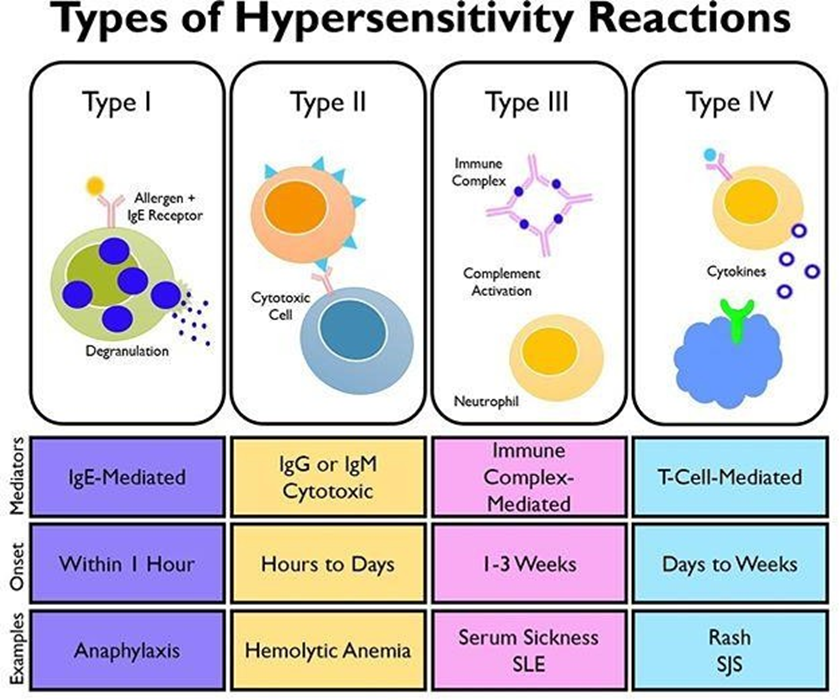A client has been administered lactulose for several days. Which therapeutic response should the nurse expect for a client with hepatic encephalopathy?
Ability to ambulate independently.
Improved mental status.
Reduction in number of liquid stools.
Increase in urine output.
The Correct Answer is B
B. Lactulose works by reducing serum ammonia levels through the promotion of ammonia excretion in the feces, leading to improved cognitive function and mental status in individuals with hepatic encephalopathy.
A. Ability to ambulate independently is not a direct therapeutic response to lactulose administration for hepatic encephalopathy.
C. Lactulose is a laxative and often causes an increase in the number of stools, but the consistency of stools may become softer rather than completely liquid.
D. Increase in urine output is not a direct therapeutic response to lactulose administration for hepatic encephalopathy.
Nursing Test Bank
Naxlex Comprehensive Predictor Exams
Related Questions
Correct Answer is B
Explanation
B. Obstruction of bile flow leads to accumulation of bilirubin, a pigment produced by the breakdown of red blood cells, in the bloodstream and causes jaundice (yellowing of the sclera). Yellow sclera is a concerning sign that should be reported promptly to the healthcare provider as it indicates potential bile duct obstruction and impaired liver function

A. Amber urine refers to urine that is dark yellow, often indicating concentrated urine due to dehydration or certain medications. While amber urine may be noted in various conditions, it is not specifically indicative of a complication related to cholelithiasis.
C. While flatulence may be uncomfortable for the client, it is not typically indicative of a complication such as a gallstone lodged in the common bile duct.
D. belching may be uncomfortable for the client but is not typically indicative of a complication such as a gallstone lodged in the common bile duct.
Correct Answer is C
Explanation
C. Type I hypersensitivity reactions, also known as immediate hypersensitivity reactions, involve the production of IgE antibodies in response to an allergen. In this case, the bee sting likely triggered an IgE-mediated immune response, leading to the release of inflammatory mediators such as histamine. The client's symptoms of body rash, shortness of breath, tachycardia, and hypotension are characteristic of anaphylaxis, which is a severe and potentially life-threatening manifestation of Type I hypersensitivity reactions.
A.. Type II hypersensitivity reactions occur when the immune system targets antigens on the body's own cells, leading to cell destruction or dysfunction.
B. Autoimmune responses involve the immune system mistakenly attacking the body's own tissues and organs, leading to inflammation and tissue damage.
D. Cell-mediated hypersensitivity reactions involve the activation of T cells and the release of cytokines, resulting in inflammation and tissue damage. Examples include delayed-type hypersensitivity reactions such as contact dermatitis or tuberculin skin testing reactions.

Whether you are a student looking to ace your exams or a practicing nurse seeking to enhance your expertise , our nursing education contents will empower you with the confidence and competence to make a difference in the lives of patients and become a respected leader in the healthcare field.
Visit Naxlex, invest in your future and unlock endless possibilities with our unparalleled nursing education contents today
Report Wrong Answer on the Current Question
Do you disagree with the answer? If yes, what is your expected answer? Explain.
Kindly be descriptive with the issue you are facing.
